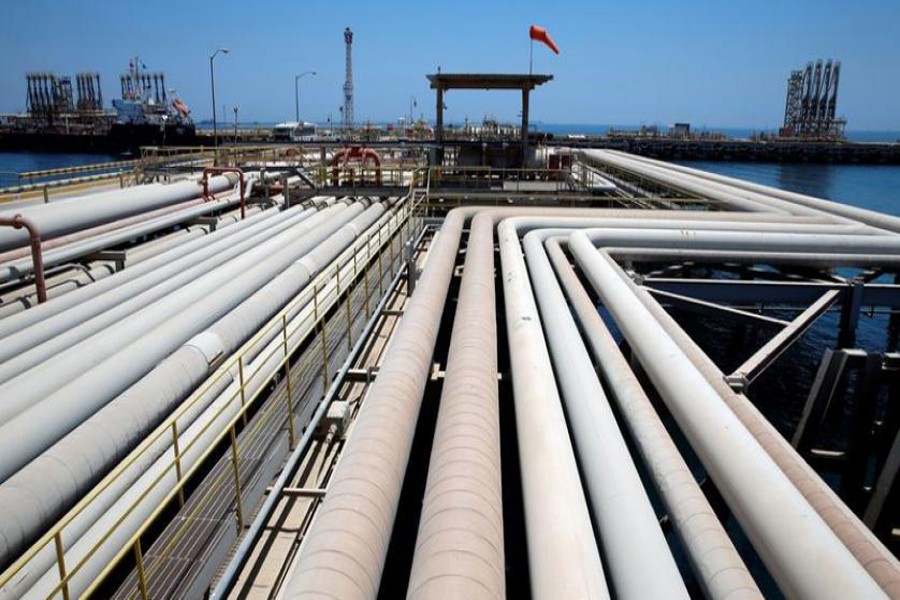Iran criticised Saudi Arabia's plan to raise oil output and pressure from the United States (US) on Riyadh to do so, saying this was in breach of OPEC's decision last week and belittled the producer group.
OPEC and a group of non-OPEC countries agreed on Saturday that they would return to 100 per cent compliance with previously agreed oil output cuts, after months of underproduction by OPEC countries including Venezuela and Angola.
Iran's OPEC governor, Hossein Kazempour Ardebili, was reacting to various news reports on Monday and Tuesday that Saudi Arabia would boost output in July to 10.6 million barrels a day, 10.8 million bpd and 11.0 million bpd, up from its OPEC target of 10.058 million bpd.
On Monday, US Energy Secretary Rick Perry said the deal by the Organisation of the Petroleum Exporting Countries may not be enough to relieve the oil market.
"The State Department says it is short and Saudi Arabia says they will produce 11 million bpd in July. I regret to say they both are ridiculing our organisation," Kazempour told Reuters.
The comments underline the depth of the disagreement between Iran and Saudi Arabia, longtime rivals in the Organisation of the Petroleum Exporting Countries (OPEC), over the interpretation of OPEC's deal in Vienna last week.
Saudi Energy Minister Khalid al-Falih said the OPEC deal implied an indirect reallocation of extra production from countries unable to produce more oil to those, such as his own, that are able to do so.
"In the last meeting of OPEC, our resolution does not allow any member to produce more than their quota, but to try to reach 100 per cent compliance," Kazempour said.
"There is no mandate to breach our accord. If they do, it means the State Department is running OPEC."
Another report adds: Oil prices steadied on Thursday, with US crude pulling back from 3-1/2-year highs, but supply remained tight with investors concerned by the prospect of a big fall in crude exports from Iran due to US sanctions.
US light crude CLc1 was 5.0 cents lower at $72.71 a barrel by 0925 GMT, after hitting $73.06 on Wednesday, its highest since November 2014. Benchmark Brent LCOc1 was up 5.0 cents at $77.67.
The United States this week demanded that all countries halt imports of Iranian oil from November, a hardline position the Trump administration hopes will cut off funding to Iran.
The move follows a decision by the Organisation of the Petroleum Exporting Countries last week to increase production to try to moderate oil prices that have rallied more than 40 per cent over the last year.


